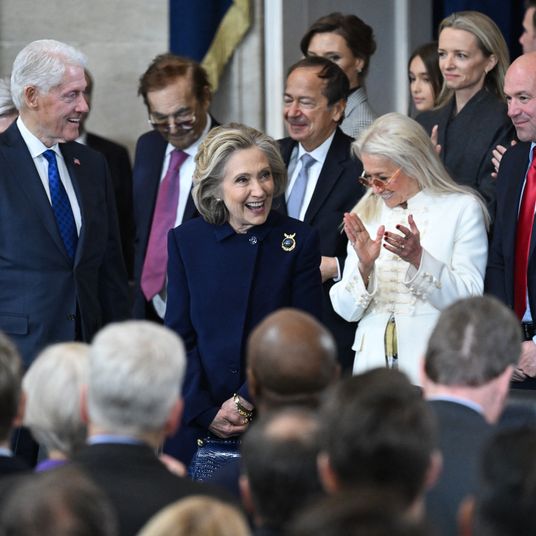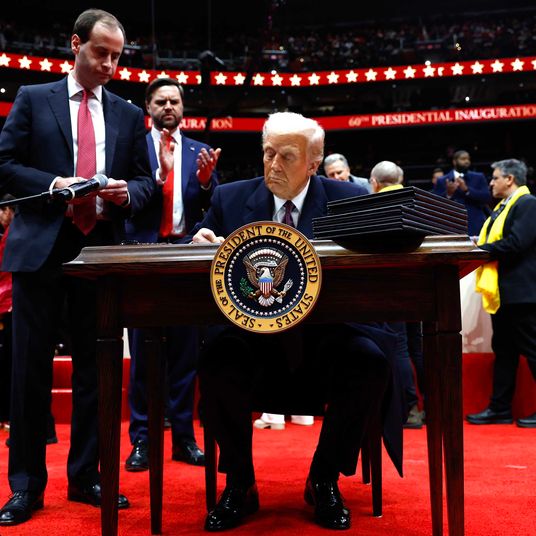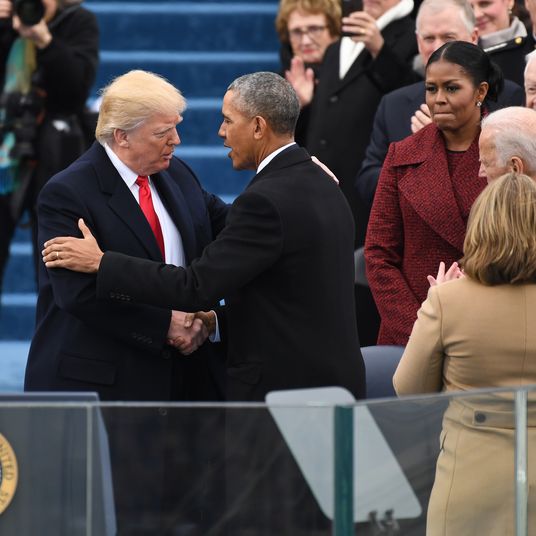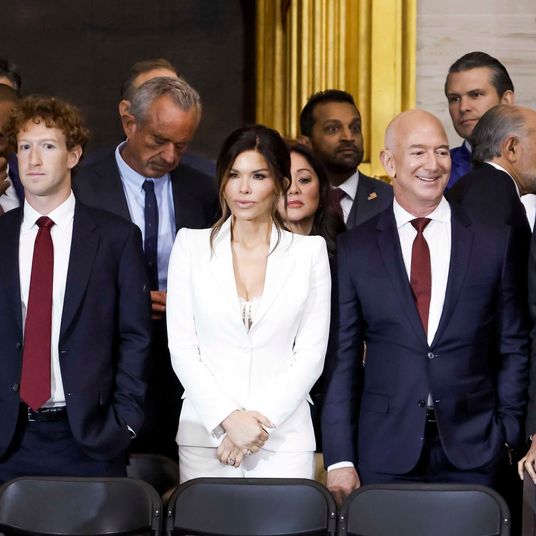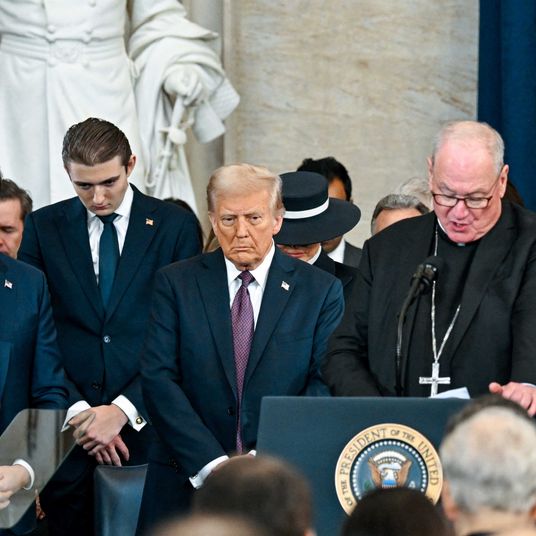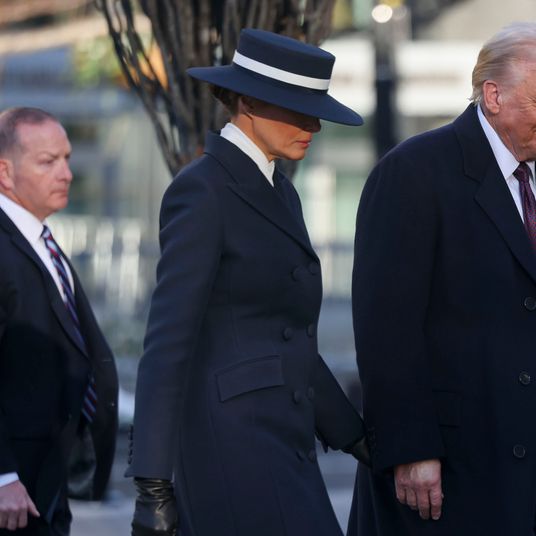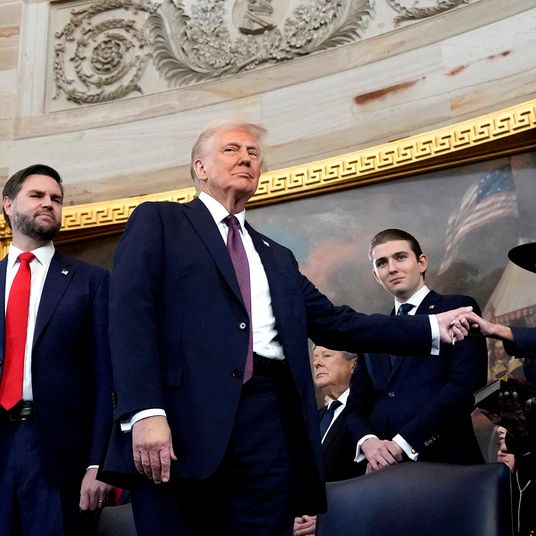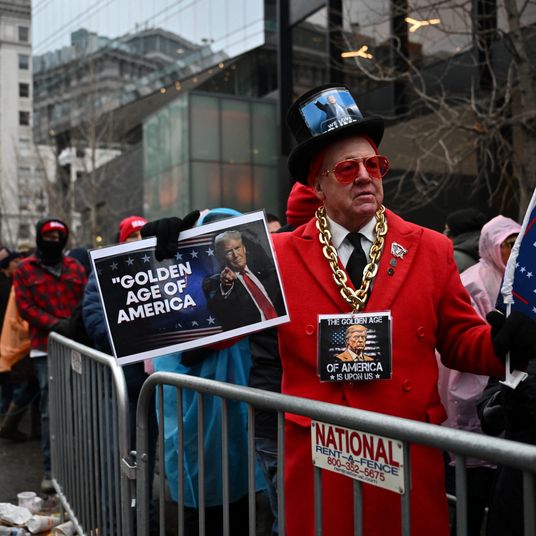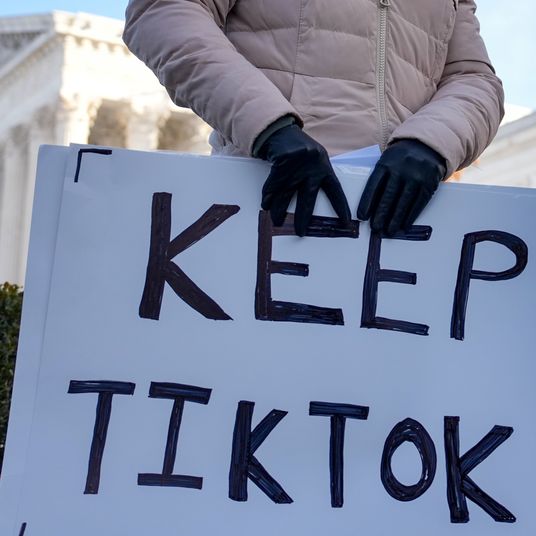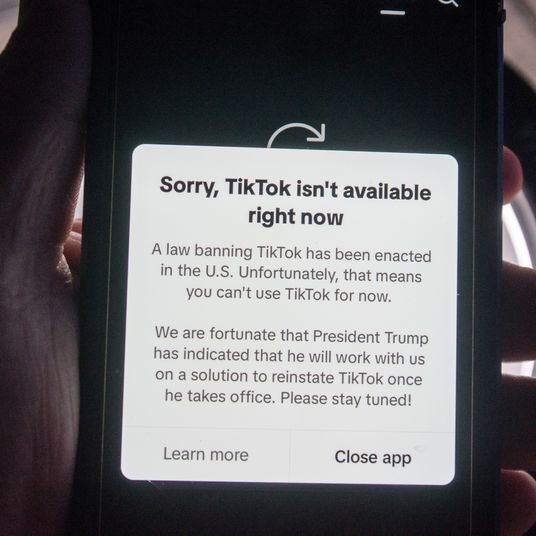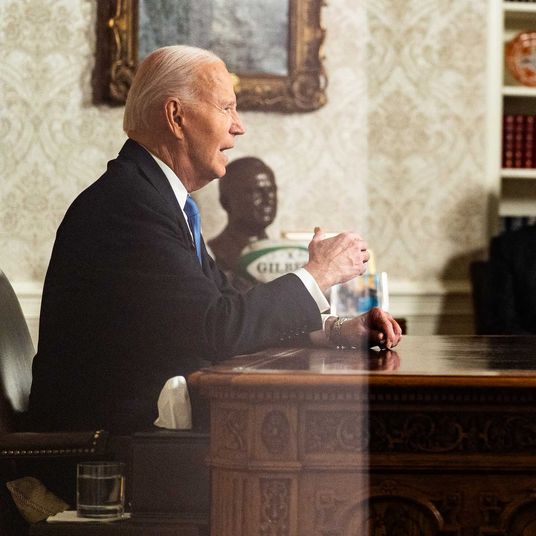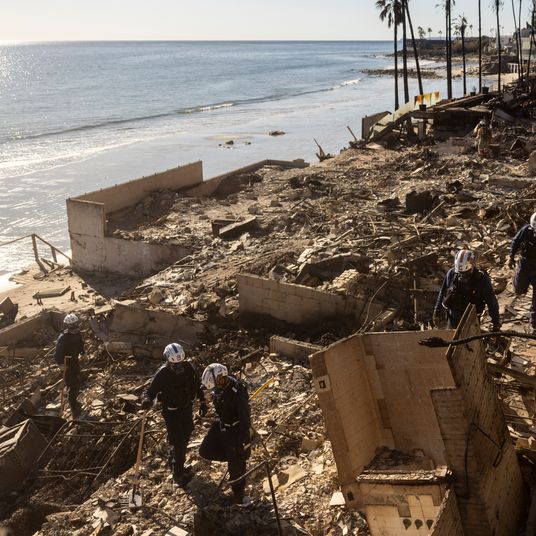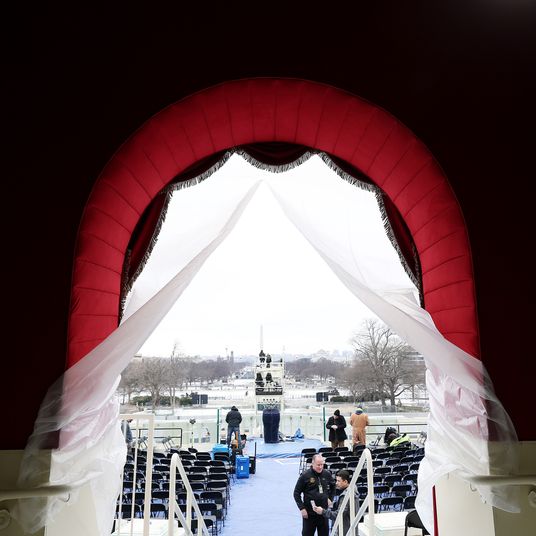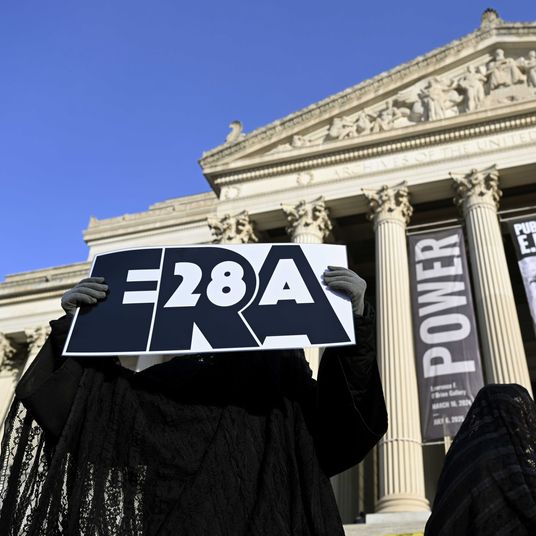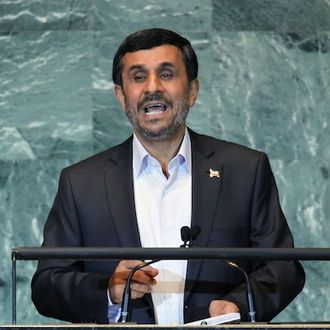
With an agreement in principle to place an embargo on Iranian oil, European Union countries have signaled their willingness to pressure the volatile nation to discontinue its efforts to build a nuclear bomb. “We have an [EU] foreign ministers’ meeting on January 30, and on this occasion I hope we will be able to take the decision on the embargo of oil and petrol from Iran,” said French foreign minister Alain Juppe.
Although Iran has repeatedly denied that it is attempting to build a nuke, it has continued to enrich uranium for “civilian purposes.”
The E.U., which accounts for about 17 percent of Iran’s oil exports, will not reach a final decision until the end of the month, and if it executed the embargo would phase out imports to avoid causing disruptions in global oil supplies. As for the possible effect on Iran, the New York Times reports:
Oil represents about 60 percent of Iran’s economy, and oil exports are a vital source of foreign currency. In 2010, European countries bought about 18 percent of Iranian oil exports, with most of the rest going to Asia. So a European oil embargo would have a limited but significant effect on Iran, which depends heavily on its oil exports for cash to buy needed imports.
The (possible) ban would follow a sanction on Iran’s central bank that the U.S. passed recently. “These are the kinds of steps that we would like to see not just from our close allies and partners in places like Europe but from countries around the world,” said U.S. State Department spokeswoman Victoria Nuland. “We do believe that this is consistent with tightening the noose on Iran economically.”
In December, Iran foreign minister Ali Akbar Salehi was quoted by the official Islamic Republic News Agency as saying, “We cannot pretend the sanctions are not having an effect.”
The noose must be getting awfully tight.





